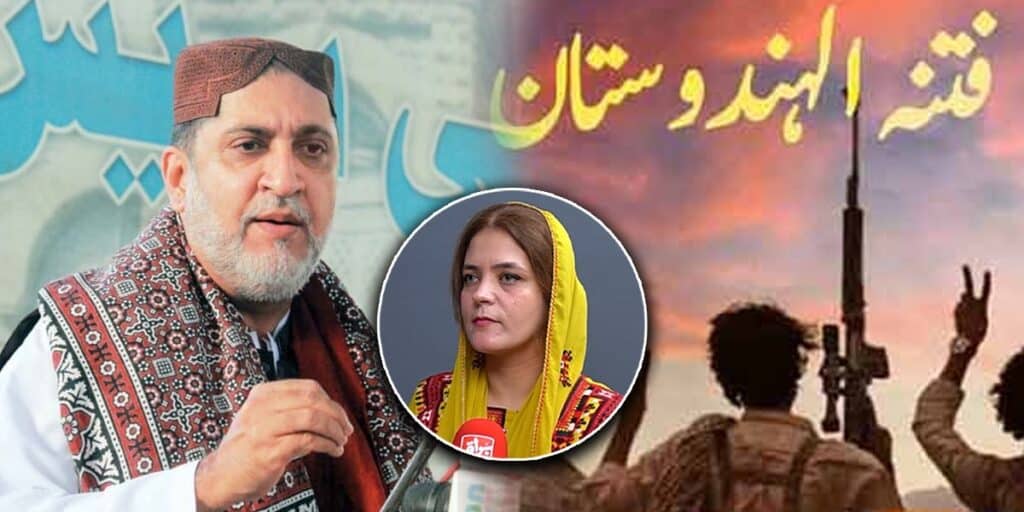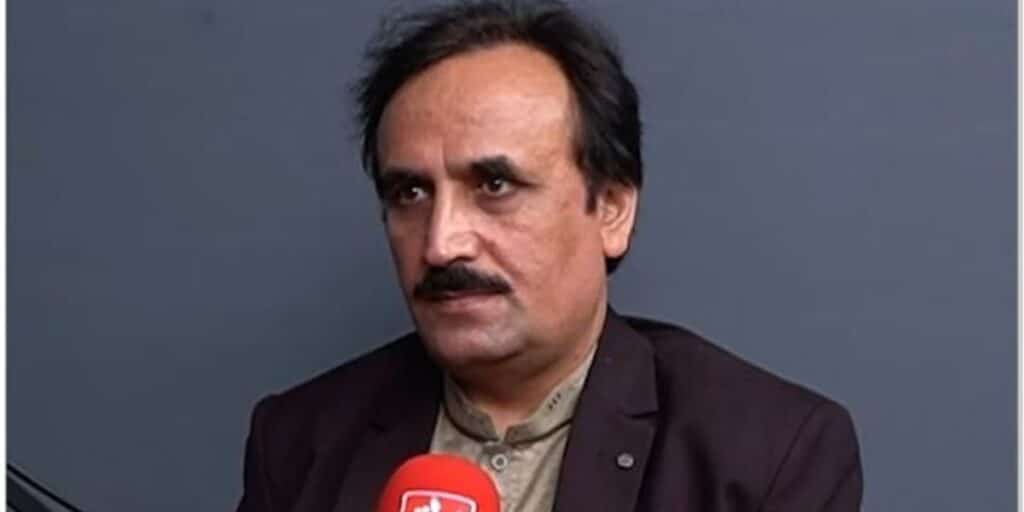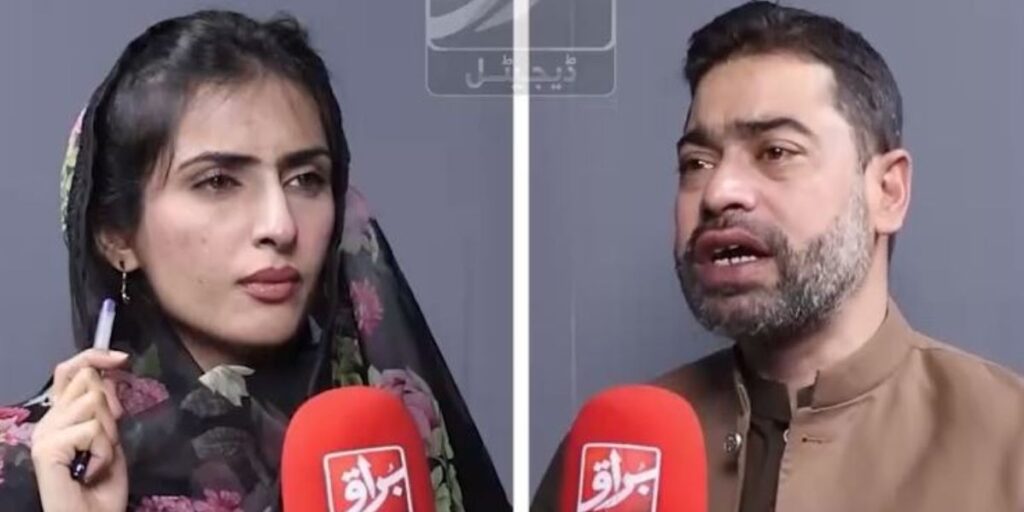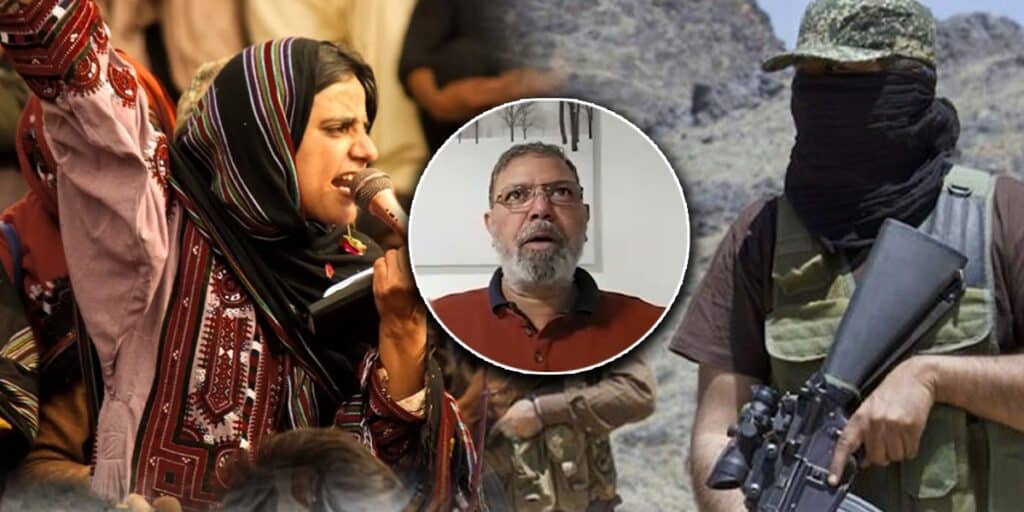By: Tania Bazai
The assassination of Atta-ur-Rehman Mengal—brother of Shafiq Mengal—in Balochistan has once again exposed the complex and dangerous web of political rivalries and militant networks operating in the region. The Fitna al Hindustan (a term used for the Indian proxies and designated terrorist group Baloch Liberation Army (BLA) openly claimed responsibility for the attack, but the real question is: why is the BLA targeting rivals of the Akhtar Mengal group? Why are those opposing Akhtar Mengal’s political stance being silenced by militant proxies?
This incident is not isolated. It follows a disturbing pattern. First, we saw the rise of BYC (Baloch Yakjehti Committee), then Akhtar Mengal’s political campaign demanding the release of so-called “missing persons.” That was followed by the brutal Mach incident. And now this assassination. The sequence of events suggests one thing: these organizations are serving as the front faces of hostile anti-Pakistan elements—what I call “Fitna-e-Hindustan.”
These fronts use political activism as a cover, while militant groups carry out the violence. They don’t even condemn such attacks. This silence is not just suspicious—it’s telling. It proves that a coordinated nexus exists between political faces and armed proxies, each playing their role in destabilizing Balochistan.
Balochistan’s tribal history is filled with rivalries over sardari (chieftainship), especially between factions like the Mengals. That rivalry, however, is now being weaponized by foreign-funded groups to ignite chaos. The state cannot remain silent. If Pakistan’s security institutions sleep on this, then the bloodshed will only continue.
The so-called Baloch political organizations have celebrated Atta-ur-Rehman’s murder on social media. I saw tweets, posts, even congratulatory messages. This is alarming. When Baloch are killed and other Baloch celebrate it—something is deeply broken. These groups have proven themselves to be part of a single anti-state lobby with one goal: to erase pro-Pakistan voices from Balochistan.
The group behind the attack accused Atta-ur-Rehman of involvement in the disappearance of Baloch individuals and alleged genocide. But where is the proof? Where is the evidence? These are baseless accusations designed to justify cold-blooded murder.
Let’s be clear: the current wave of militancy is not tribal or nationalist—it is global, ideological, and foreign-funded. The BLA and similar groups are using the cover of local grievances to serve Indian and Israeli objectives. If they weren’t, how else do they access advanced weapons banned in Pakistan?
I fear this will not stop here. We are now seeing targeted attacks not just on Punjabis or Hazaras, but on Baloch and Pashtuns who raise the slogan of Pakistan Zindabad. When patriots become targets, when those standing with the state are killed in broad daylight, then the state must ask: Who is next?
The solution is not soft diplomacy or selective enforcement. The solution is a full-scale, intelligence-based, clean-sweep operation—one that roots out every armed group and their political facilitators. If we fail to act now, we risk losing more than territory—we risk losing the trust of those few who still stand by Pakistan.
Also Read: The strategic future of Balochistan
I urge the state: protect those who stand with you. Shield the families who chant Pakistan Zindabad. If they fall, what hope remains? Let us not allow a handful of foreign-backed killers to hijack the future of millions of loyal Pakistanis in Balochistan.





